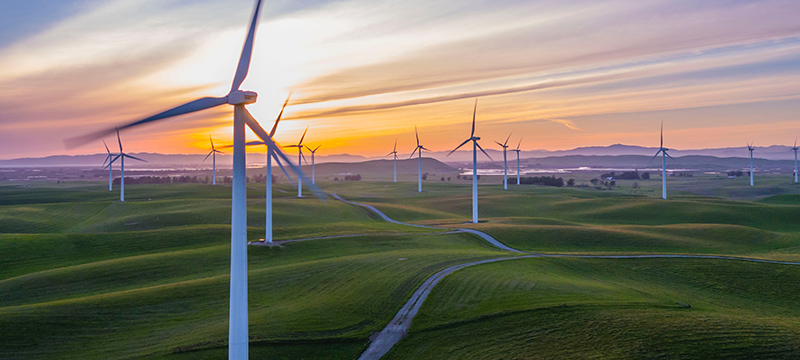In the face of escalating climate challenges, technology has emerged as a beacon of hope. The Internet of Things (IoT) stands out as a particularly powerful tool in the global effort to promote environmental sustainability. With its network of interconnected devices and sensors, IoT offers innovative solutions to monitor, understand, and address environmental issues, contributing significantly to the fight against climate change.
IoT: A Game-Changer for Climate Monitoring
Climate change is a complex beast, with a multitude of variables that must be tracked and analyzed. IoT technologies offer unprecedented granularity in environmental monitoring, with sensors capable of providing real-time data on everything from atmospheric CO2 levels to the health of ocean ecosystems. This data is invaluable for researchers and policymakers alike, offering up-to-the-minute insights that can inform responsive and effective environmental policy.
Energizing Renewables with IoT
Renewable energy sources like solar and wind power are crucial in the transition away from fossil fuels. IoT is instrumental in optimizing the performance of these energy sources. Smart sensors can track wind patterns and sunlight exposure, adjusting the positioning of turbines and solar panels to maximize energy capture. Moreover, IoT systems help in predicting maintenance needs, reducing downtime, and enhancing the overall efficiency of renewable energy infrastructures.
Smart Agriculture: Growing More with Less
Agriculture consumes a vast amount of our planet’s resources, but IoT is helping to change that. Precision farming techniques, underpinned by IoT, enable farmers to monitor soil moisture levels and crop health with pinpoint accuracy, leading to more judicious use of water and pesticides. This not only helps in conserving precious resources but also results in higher yields and better-quality produce.
Waste Not: IoT for Waste Reduction
Waste management is another area where IoT shines. Smart waste bins can signal when they are full, optimizing collection routes and frequencies. IoT systems also play a crucial role in the recycling industry, where they can sort materials more efficiently and identify contaminants that can hinder the recycling process.
The Smart Grid: An IoT-Enabled Energy Network
One of the most significant applications of IoT in sustainability is the development of smart grids. These intelligent energy distribution networks can balance supply and demand in real time, reduce energy wastage, and integrate a higher percentage of renewable energy sources. Consumers can play an active role in energy conservation through smart meters that provide real-time feedback on energy consumption, encouraging more responsible usage patterns.
Challenges to Overcome
Despite its vast potential, the widespread adoption of IoT for environmental sustainability is not without challenges. The energy consumption of IoT devices themselves is a concern; thus, it is imperative that these devices are designed to be as energy-efficient as possible. Additionally, the production of IoT devices must become greener, employing sustainable materials and minimizing waste.
Data privacy and security are also critical issues. The vast amounts of data collected by IoT devices must be kept secure to protect against breaches that could undermine public trust in these technologies.
Policy Implications and the Path Forward
To fully harness the potential of IoT for environmental sustainability, collaborative efforts are needed. Policymakers must create frameworks that encourage the development and deployment of sustainable IoT solutions. This includes investing in infrastructure, funding research and development, and setting industry standards that prioritize sustainability.
Cross-sector partnerships are equally important. The technology sector must work with environmental scientists, urban planners, and agricultural experts to create IoT solutions that are both technologically advanced and environmentally sound.
Conclusion
IoT offers a powerful arsenal of tools in the fight against climate change, from optimizing renewable energy to enabling smarter agriculture and waste management. However, the journey to a sustainable future requires more than just technology; it demands a collective commitment to innovation, responsible usage, and global cooperation. As we continue to harness the potential of IoT, we move closer to a more sustainable world where technology and the environment exist in harmony, combating climate change one smart solution at a time.
The post Harnessing the Power of IoT for Environmental Sustainability: Smart Solutions to Combat Climate Change appeared first on IoT Business News.






























